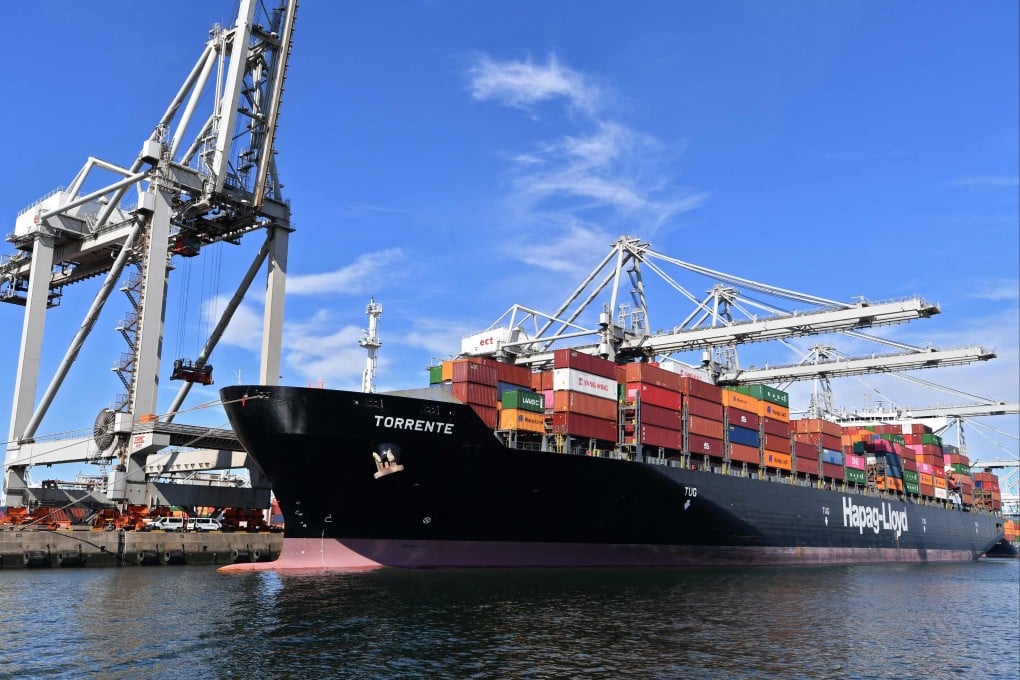The View | Can the metaverse usher in a new era of post-pandemic globalisation?
- It may seem an unlikely saviour of global trade, but the metaverse can speed up supply chains by tracking goods and digitalising custom procedures
- The platform also makes it easier for global teams to collaborate, and can involve consumers earlier in the production process

In May, Sultan Ahmed bin Sulayem, the chief executive of DP World, one of the world’s largest ports and logistics operators, made an intriguing announcement: the company would, by the end of the year, build a metaverse platform spanning its diverse operations in logistics, trade, education and other sectors.
The 3D platform would, he explained, speed up the flow of goods across supply chains, increase visibility into supply bottlenecks, and provide a more collaborative and immersive training ground for the company’s extensive global workforce.
All exciting possibilities, but in the real world roughly three-quarters of global trade is still about moving goods, commodities, materials and other “stuff” around. The metaverse may be a great place to hang out with friends or go to a virtual concert, but it isn’t going to be much help with importing a tractor or running a network of production facilities.
